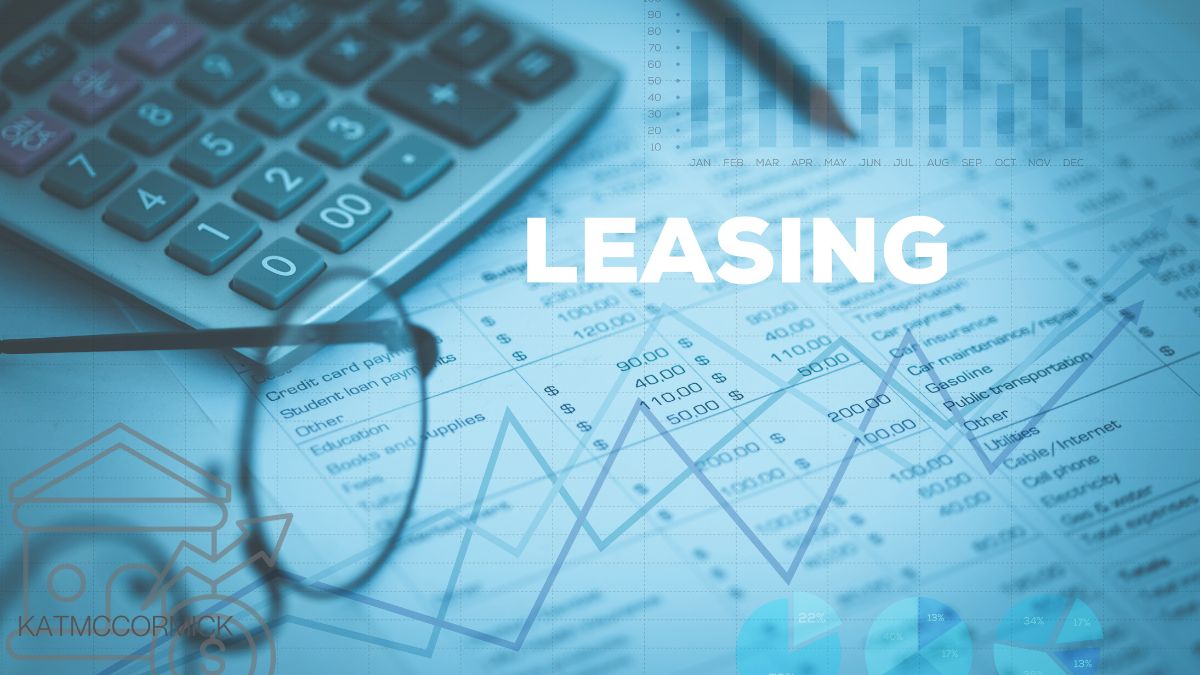The lease agreement establishes the parameters of the lease and defines the obligations of both parties. Your ability to manage these contracts will determine how well you can head off legal conflicts, adhere to regulations in your area, and safeguard your business. This manual will take you by the hand and show you the ropes when it comes to handling lease agreements.
Understanding Lease Agreements
A lease agreement is a legally binding document that specifies the rent, lease length, and who is responsible for what in terms of upkeep. The following are components of a comprehensive leasing agreement:
- Lease Duration: The beginning and ending dates of the lease, as determined by the parties.
- Rent and Payment Terms: Rent amount, due date, and accepted payment types are all spelled out in detail.
- Security Deposit: Detailing the security deposit’s sum, its intended use, and the terms under which it will be refunded.
- Maintenance and Repairs: Establishing who pays for what in terms of routine maintenance and unexpected repairs.
- Termination and Renewal: Detailing the lease termination and renewal procedures for both parties.
Benefits of Effective Lease Agreement Management
Landlords and tenants alike can reap several rewards from well-managed leases, including:
- Clarity and Transparency: Both parties’ rights and responsibilities should be clearly stated in the leasing agreement to avoid any confusion later on.
- Legal Protection: It establishes a formal procedure for resolving conflicts and safeguarding both parties’ interests.
- Stress Reduction: Having a well-defined agreement in place can make life easier for both landlords and tenants.
Expert Tips for Lease Agreement Management
- Regular Inspections: Maintain your property by inspecting it frequently to spot any problems and fixing them right away.
- Document Everything: For easy reference during dispute resolution, keep meticulous records of all contact, payments, and property status.
- Stay Informed: Always be aware of the most recent lease-related state and local laws.
- Consult Legal Advice: Consult a lawyer if you need assistance in drafting or reviewing a lease agreement.
Frequently Asked Questions
How long should a lease agreement be?
The length of the lease can be changed, but usually it’s for one year for a home. The lessee and the owner can, however, talk about the terms of the lease.
Is the landlord allowed to access the rented space without notice?
Unless it’s an emergency or there’s some other compelling reason, most leases provide that landlords must give tenants notice before entering their property. Always double check details with your lease or applicable legislation.
How do I get out of my lease early?
Early lease termination is typically only possible with the consent of both the landlord and renter.
How comprehensive must the state report be?
To avoid disputes at the lease’s conclusion, it’s vital to keep records of the property’s condition at the outset, including photographs of any pre-existing damage.
Final Words
A more comprehensive explanation of lease agreements and how to interact with them would be useful for tenants, property managers, and owners. If you take the time to study the lease agreement and completely grasp its terms, renting won’t be a problem. Effective lease administration depends on three things above all others: open dialogue, unambiguous criteria, and compliance with all regulations.
- Key Strategies to Mitigating risks in Rental Property Investments
- The Essential Role of Property Management Companies
- The Ultimate Guide to Handling Evictions and Tenant Conflicts
- The Hidden Impact of Taxes and Insurance Costs
- Protect Your Property: Essential Practices for Effective Tenant Screening

